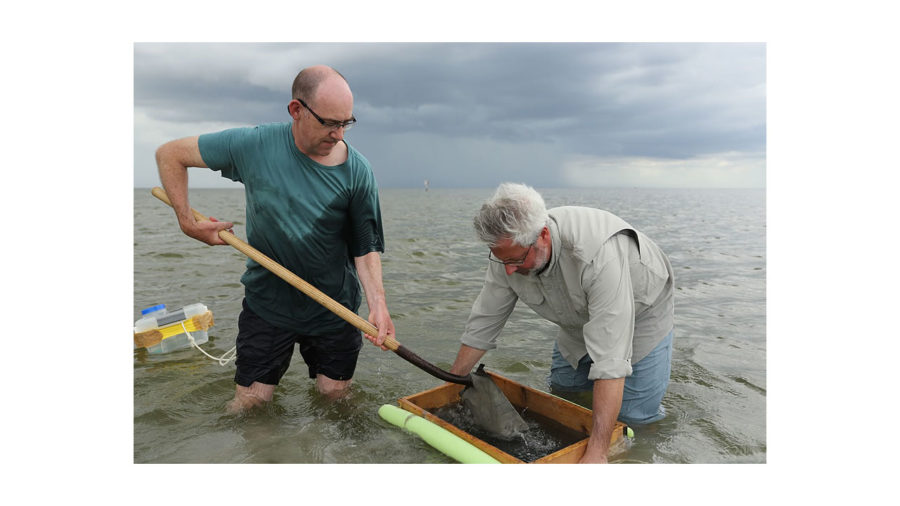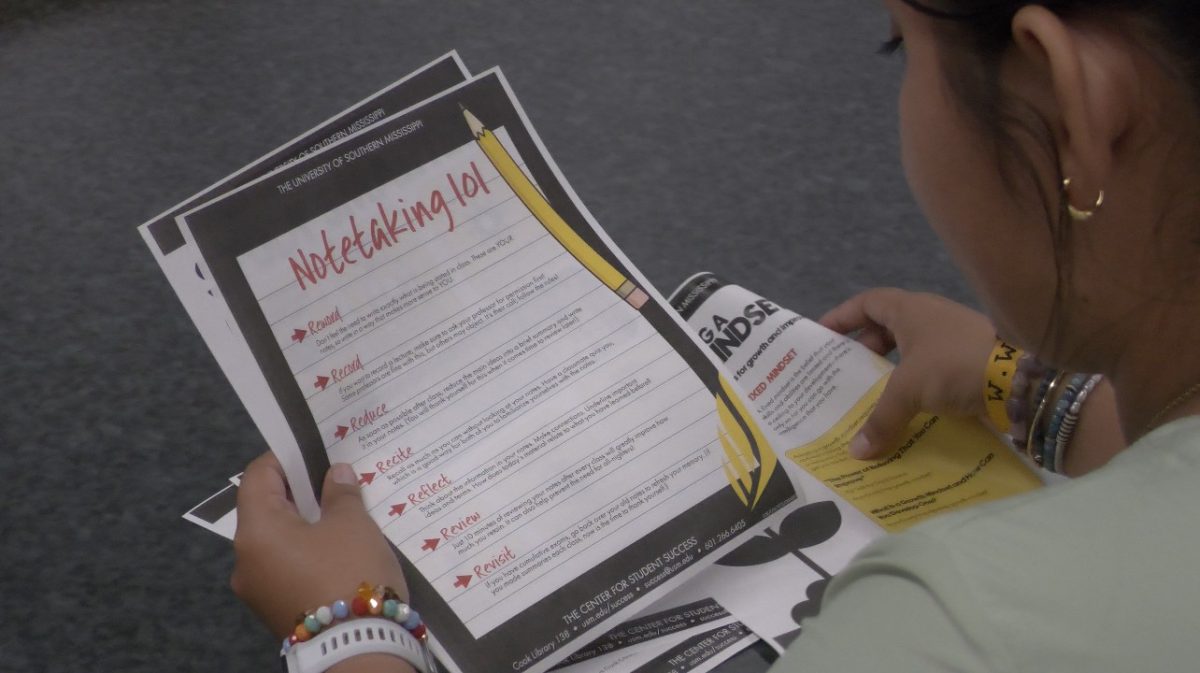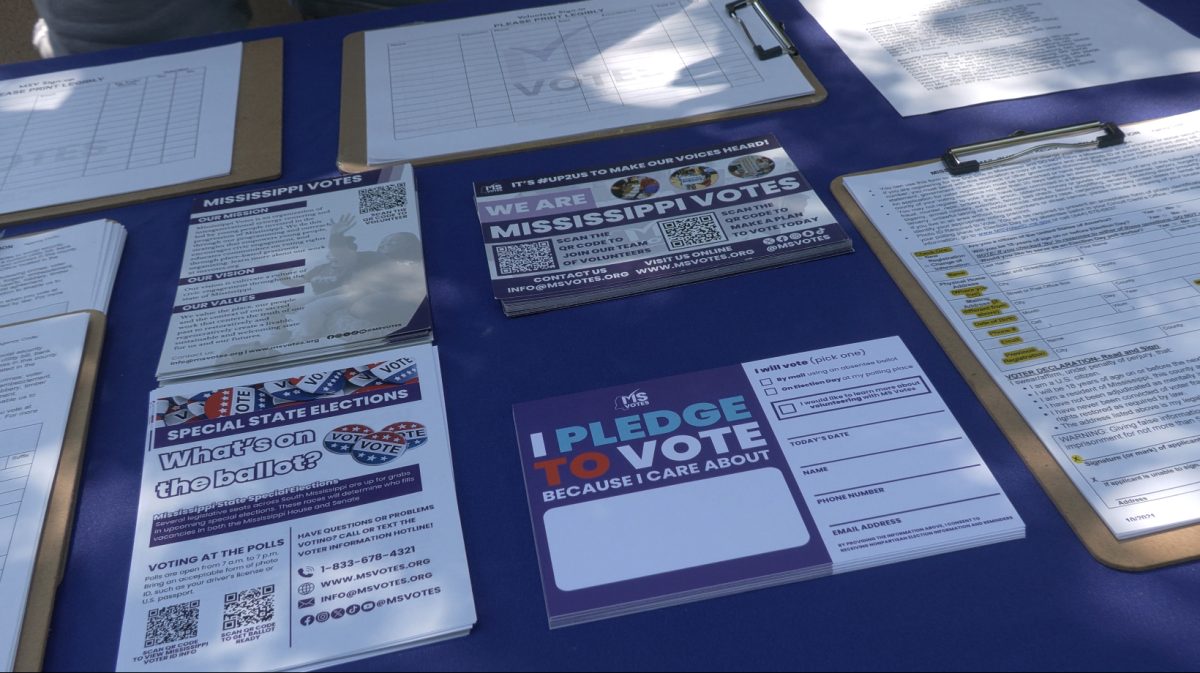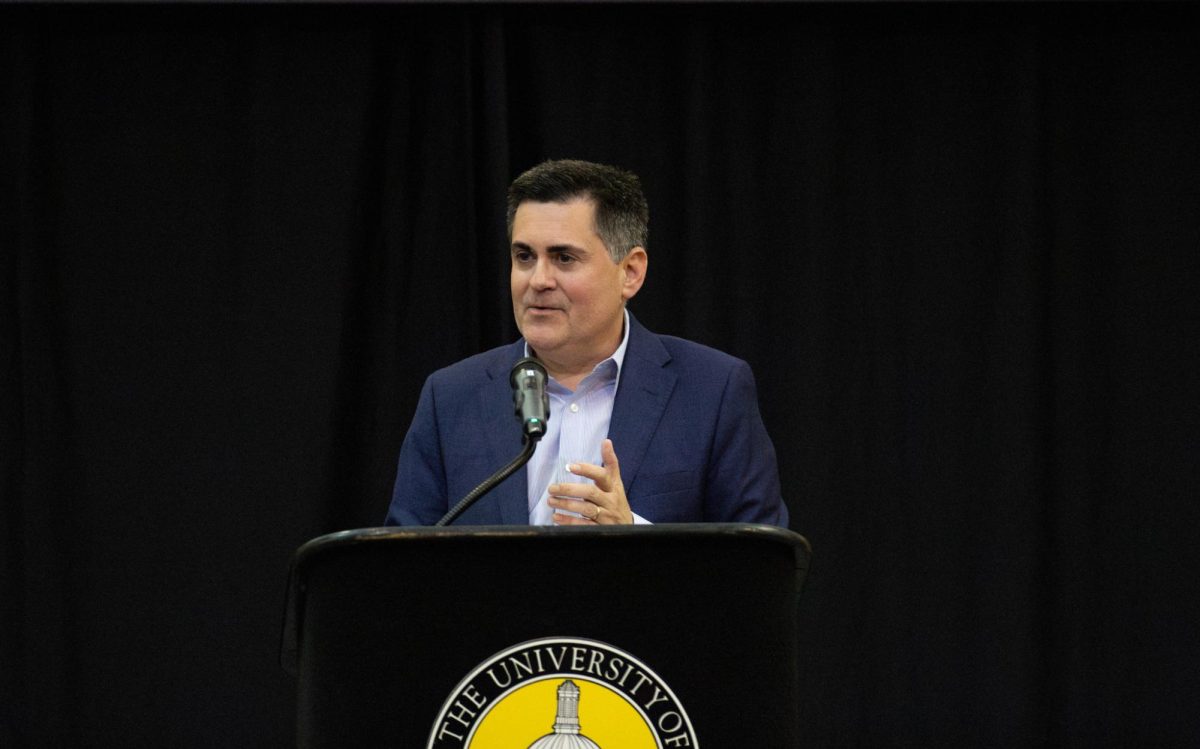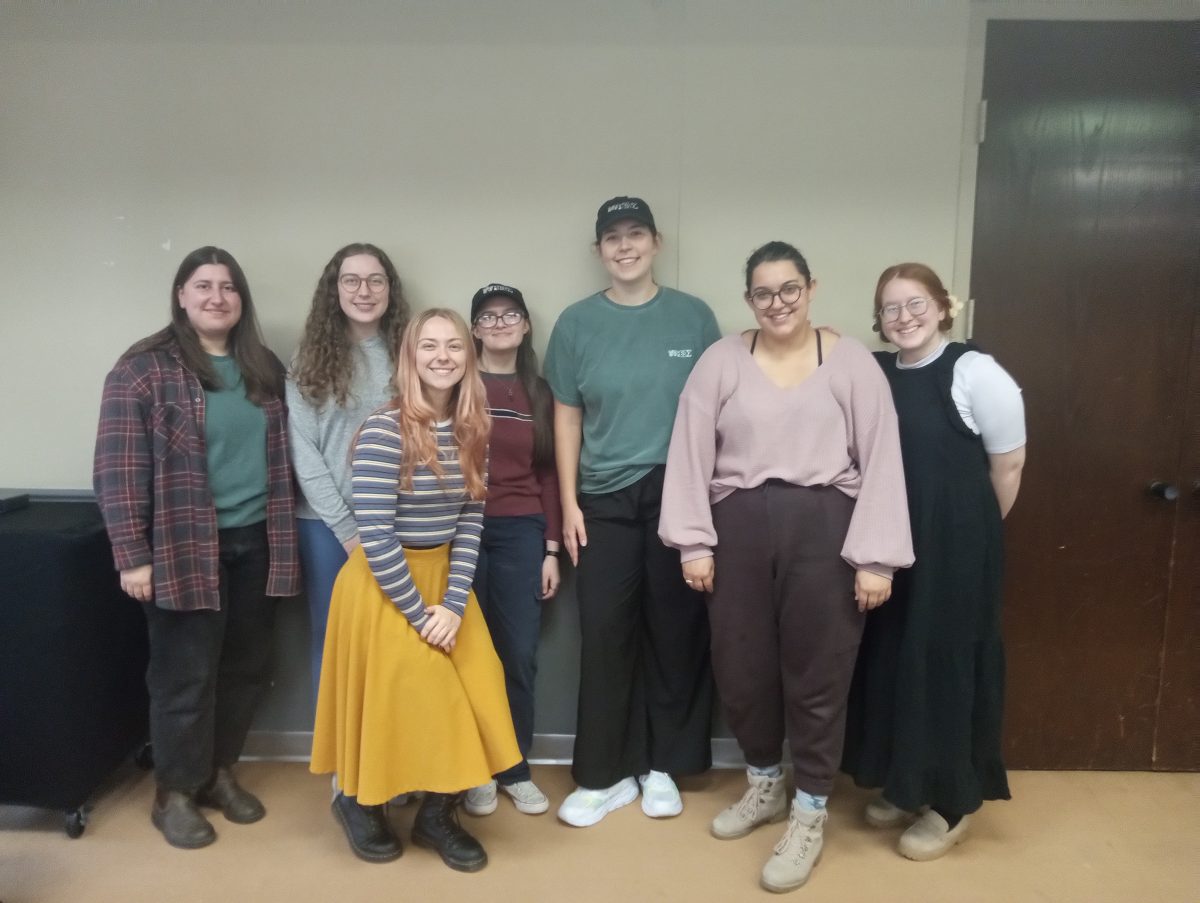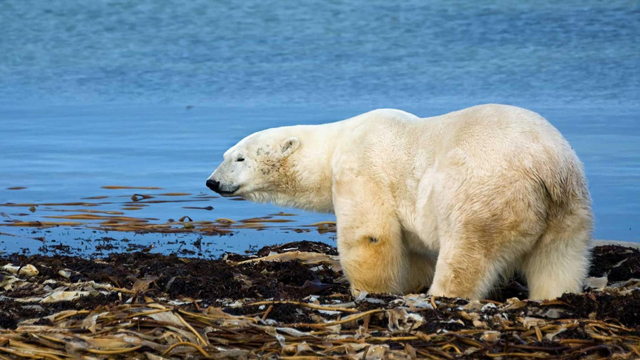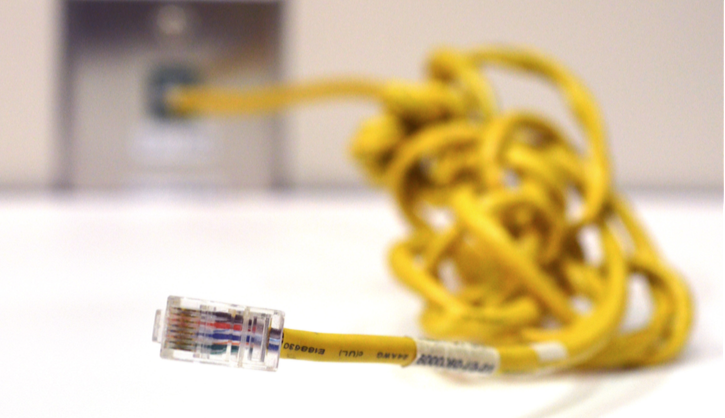On Tuesday, Feb. 7, University Forum will host “Your Inner Fish,” an evolutionary biology lecture by paleontologist and evolutionary biologist Neil Shubin.
Forum organizer Andrew Haley said the decision to invite Shubin came from the Department of Biological Sciences and Donald Yee, who runs the annual Darwin Day celebration.
“Despite the large scientific consensus on issues of animal evolution, all aspects of evolution remain controversial,” said Haley. “Forum is the ideal place to showcase those controversies and we hope that by highlighting issues related to evolution we can spark a conversation on campus and within the broader southern Mississippi community.”
Shubin is the Robert R. Bensley Professor of Organismal Biology and Anatomy at the University of Chicago and Provost of the Field Museum of Natural History. According to information presented by Forum, In 2004, Shubin and a team of scientists discovered the 375-million-year-old fossilized remains of Tiktaalik in the Canadian Arctic.
“Nicknamed ‘Fishapod,’ the discovery is the earliest and clearest evidence that life on land evolved from fishes,” Haley said. “The technical aspects are complicated, but fishapod has jointed fins that served as legs and a rib cage that allowed it to survive under the pressures of gravity, all evidence that it moved on land.”
“One of the great joys of finding a new species is that you get to name it,” said Shubin in a 2006 University of Chicago interview. “In this case, once we knew we had something new, we asked a council of elders in the Nunavut territory of Canada to offer suggestions for the name. And they came up with a name, ’Tiktaalik,’ which in the Inuktitut language means ‘large, freshwater fish.’ How perfect!”
Shubin’s resulting book, “Your Inner Fish,” as well as the Shubin- hosted PBS series inspired by it, have received many awards, including the National Academies’ book award in 2009, the Kavli Science Journalism Award in 2014 and the 2015 Communication Award for Film/Radio/TV from the National Academies of Sciences, Engineering and Medicine.
“Shubin is an adventurer, a scientist and an educator and those rewards reflect that amazing combination,” said Haley. “[He] is one of the most distinguished scientists working in America today. Equally important, through his work with PBS and the Field Museum, he has demonstrated a strong commitment to educating the next generation of scientists. We expect this to be a remarkable event.”
Shubin’s 6:30 p.m. lecture in the Thad Cochran ballrooms will be preceded by a reception and book signing on the third floor of the Thad Cochran building at 5:30 p.m. Both events are free and open to the public.

























